What are dielectric tests?
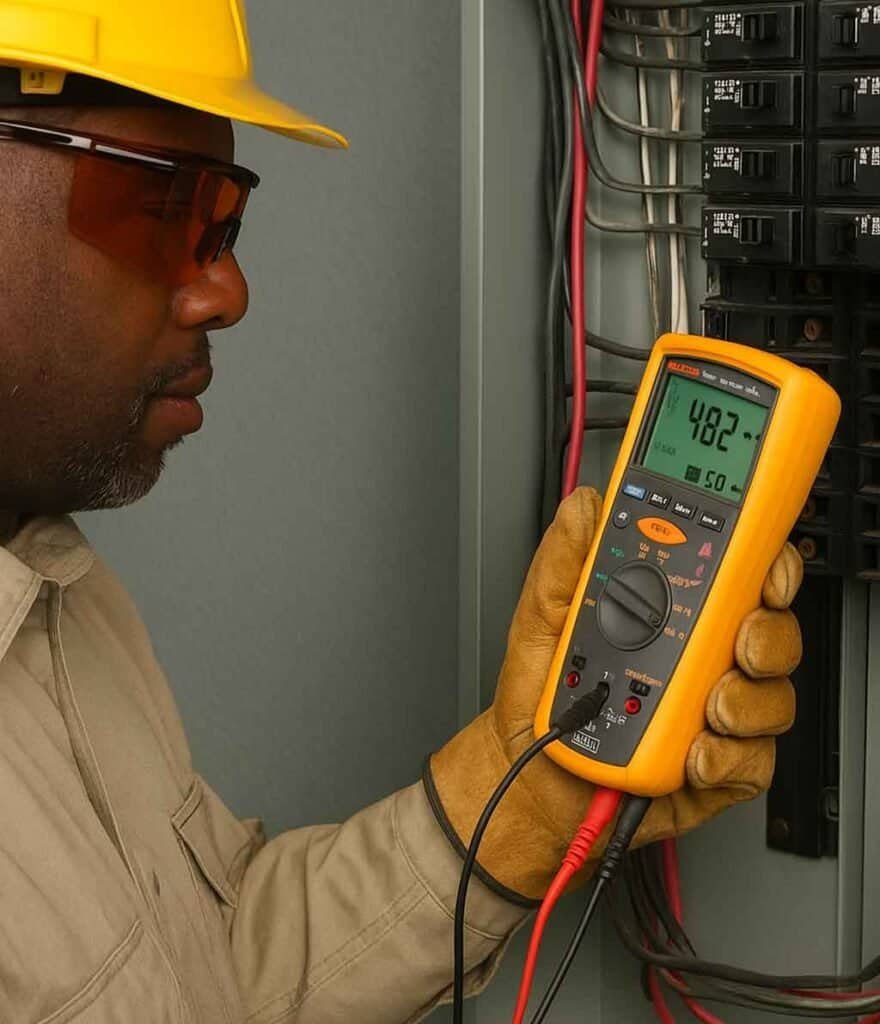
Dielectric tests, or Hipot tests, are essential for verifying insulation strength. They differ from insulation resistance tests and are a non-destructive way to confirm electrical equipment safety and prevent unexpected failures.
How much does a DGA test for transformers cost?
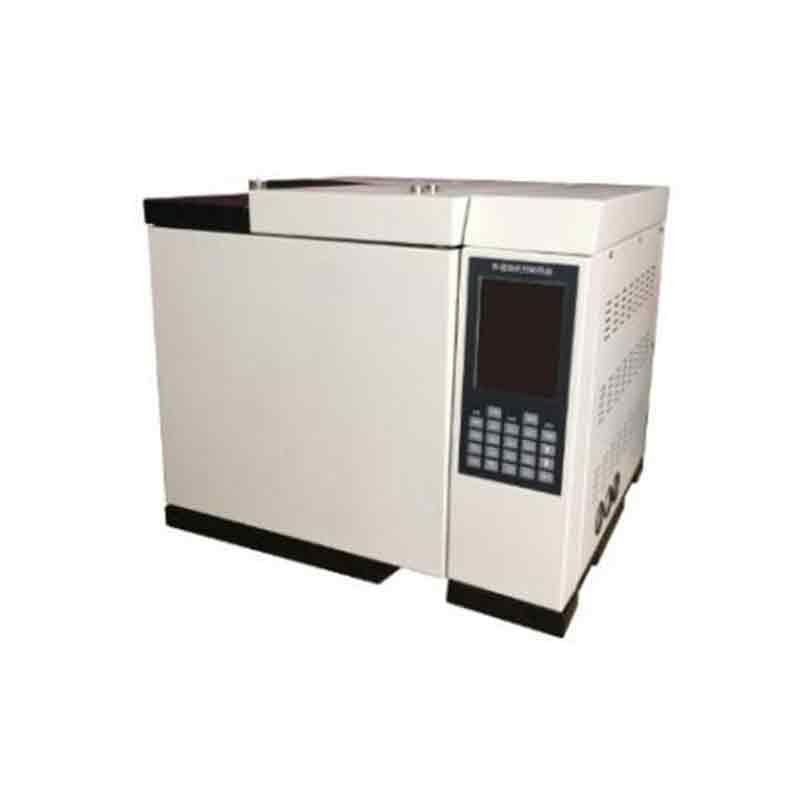
Dissolved gas analysis (DGA) of transformer oil is a technique that measures the types and concentrations of gases dissolved in transformer insulating oil. The cost depends on your method. Sending a sample to a lab costs between $100 and $500 per test. Buying a portable analyzer is a one-time cost of $15,000 to $50,000. An online monitor can cost $25,000 to over $100,000 to install.
What Is an HV Test Kit and How Does It Work?

An HV test kit is an essential tool for electrical safety and reliability. Understanding the correct procedures for testing different assets like cables and transformers ensures you get accurate results and prevent catastrophic failures.
How Do You Test a 22kV Medium Voltage Cable?

Testing a 22kV cable properly is crucial for power system reliability. Using a sequence of sheath, insulation resistance testing, and VLF hipot tests ensures your cable is sound and ready for service.
How Does a Gas Chromatography Machine Work?
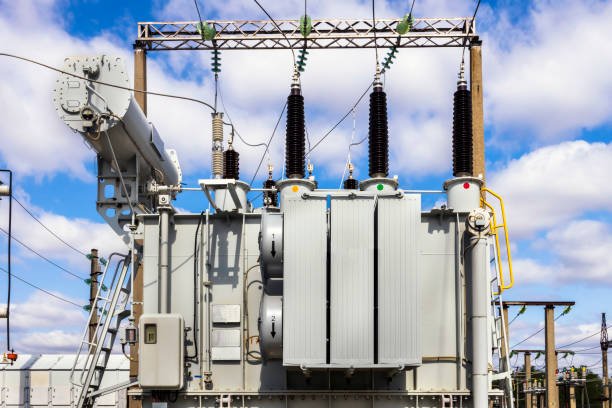
A gas chromatography machine for DGA is not just a piece of lab equipment; it is an essential tool for risk management. It enables true predictive maintenance, preventing expensive failures and ensuring operational safety across many critical industries.
How to Choose the Right High Voltage Cable Testing Equipment for Your Needs?

Choosing the right high voltage cable testing equipment is a critical decision that impacts the safety and reliability of your electrical systems. This choice is not just about meeting immediate testing needs; it’s about making a long-term investment in the integrity of your power grid.
What is an Insulation Resistance Tester and How Does it Work?
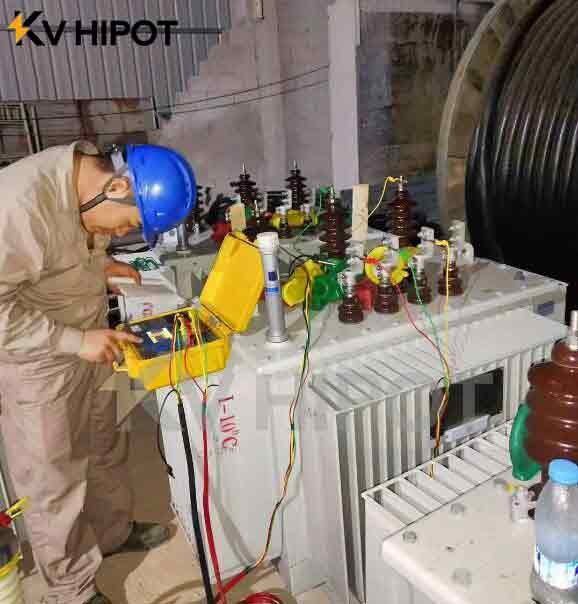
insulation resistance tester is a fundamental tool for predictive maintenance. Understanding how it works, the standards that guide its use, and the methods you can apply is key to protecting your most valuable electrical assets.
The Ultimate Guide to Primary Injection Testing for Substation Commissioning

Primary injection testing is essential for keeping substations safe and reliable. Understanding how to read the test results, following the right steps, using the right equipment, and knowing the benefits can help you make sure your electrical system works as it should
Why Can’t Modern Industry Afford to Skip the Oil BDV Test?
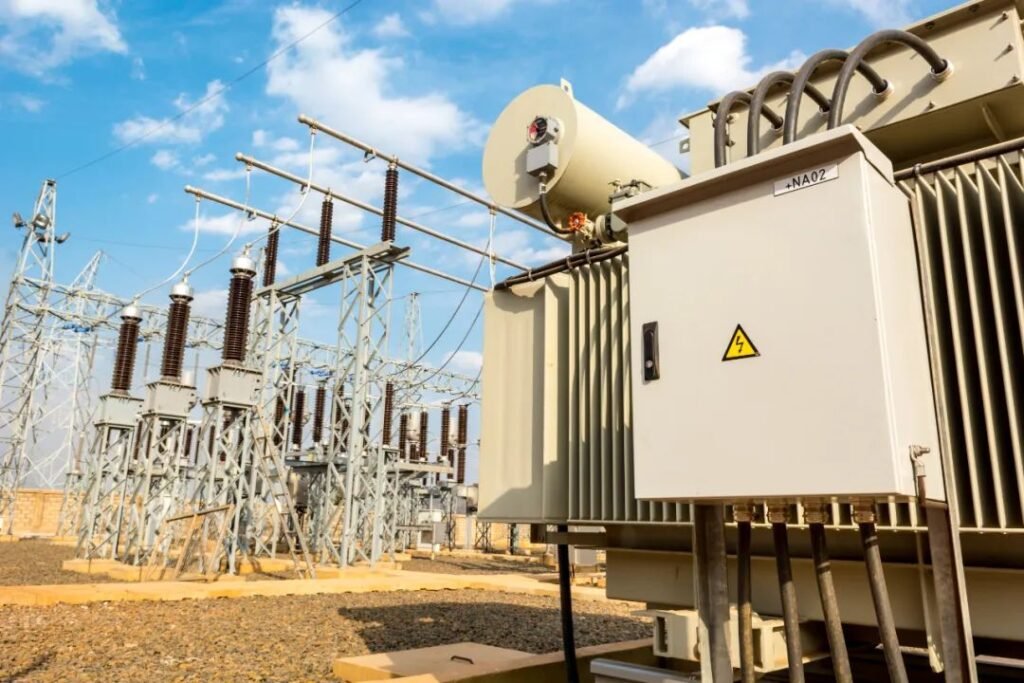
BDV test is your first line of defense against catastrophic failure. It is the single most effective action to protect high-value capital, eliminate unplanned downtime, and create a fundamentally safer operating environment.
What is primary injection testing?
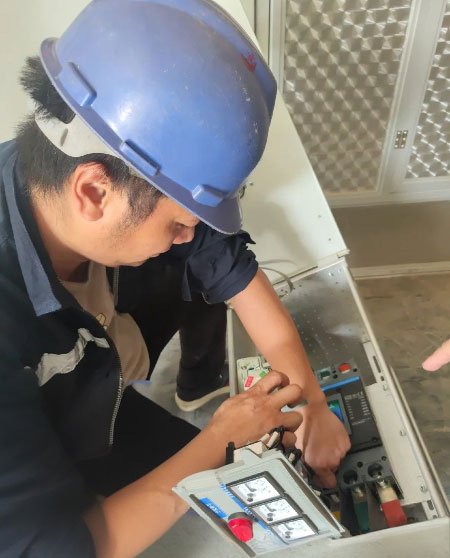
Primary injection testing is a fundamental process for ensuring your electrical protection systems are reliable. It verifies the entire circuit, giving you peace of mind that your equipment will work when it matters most.

